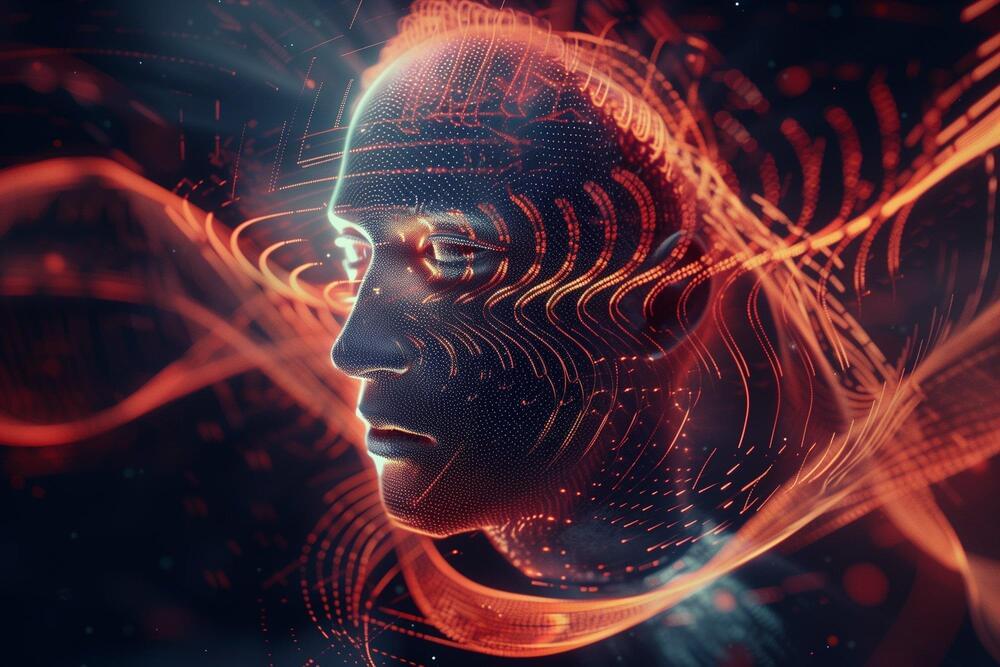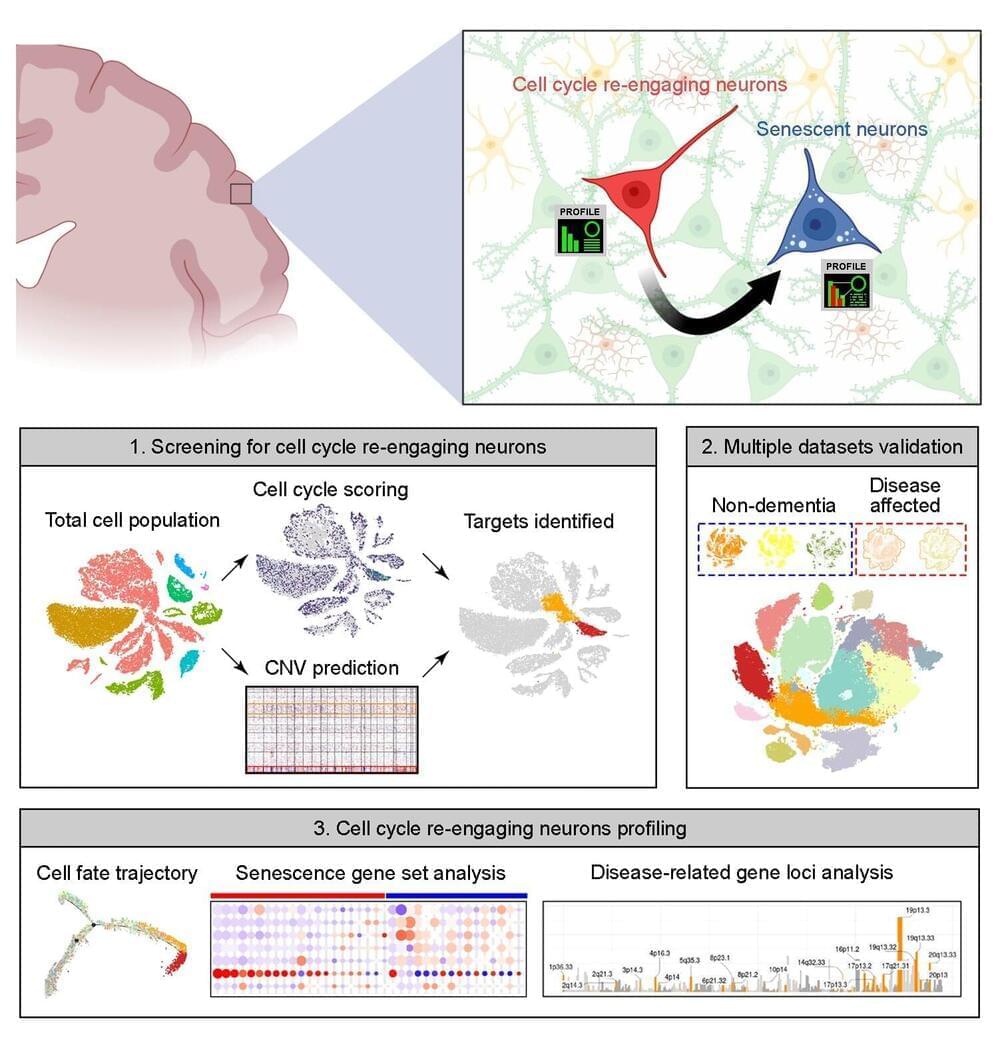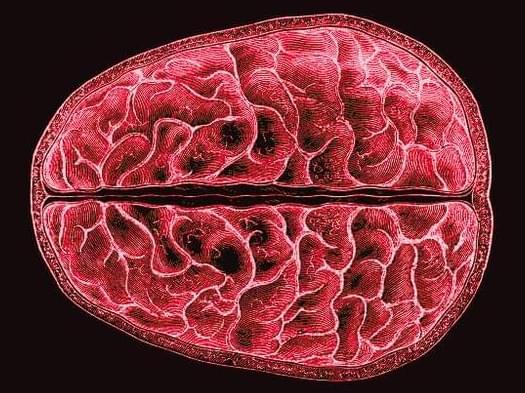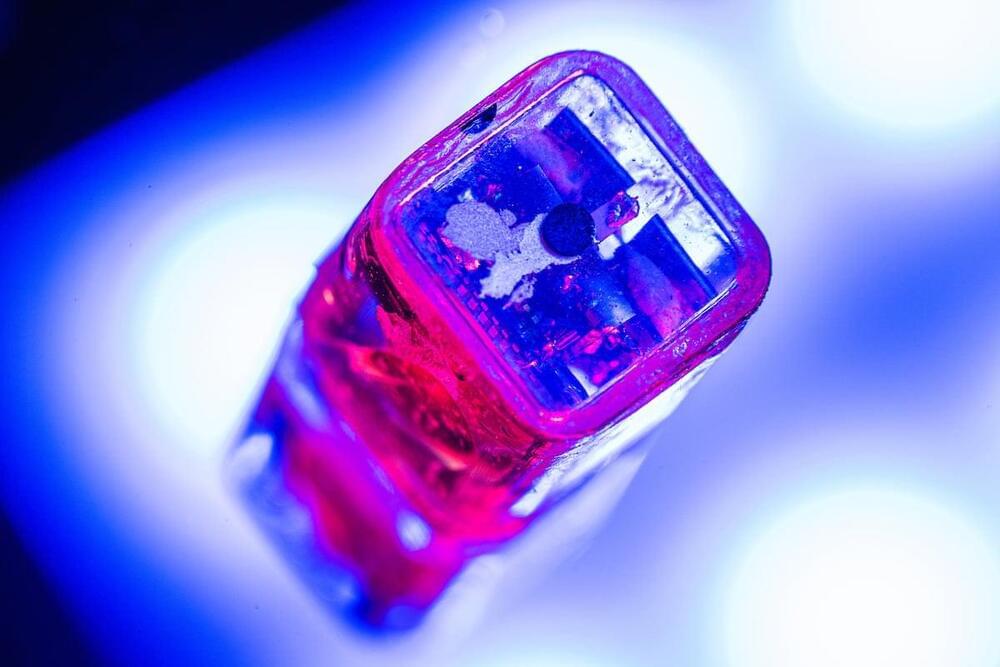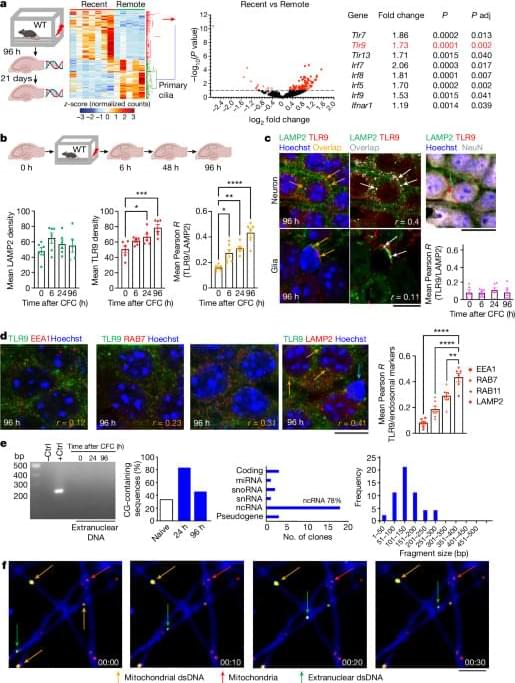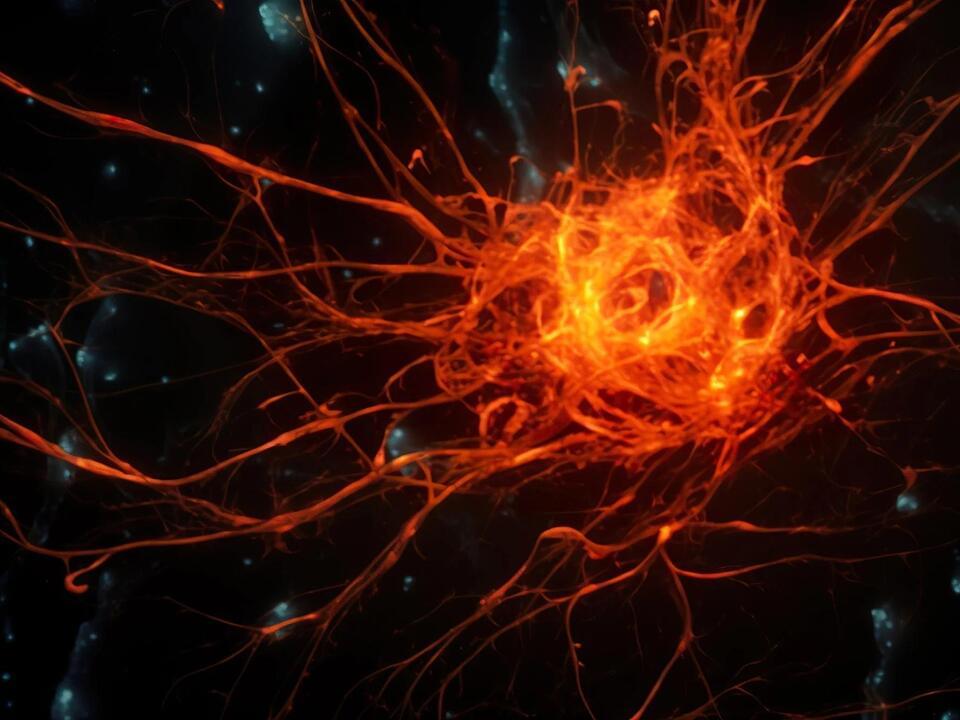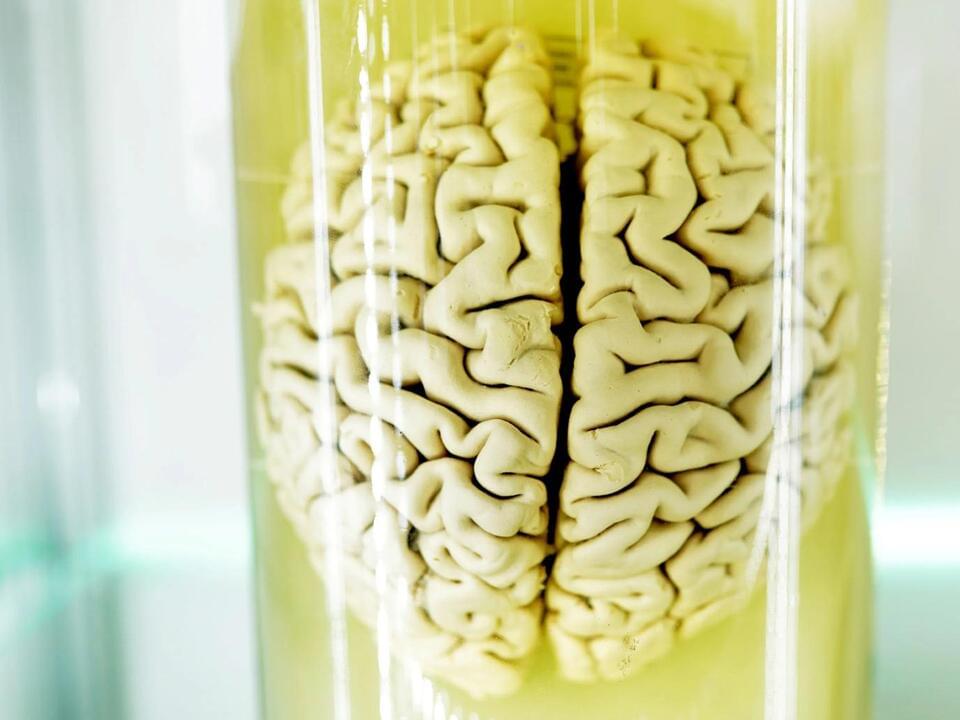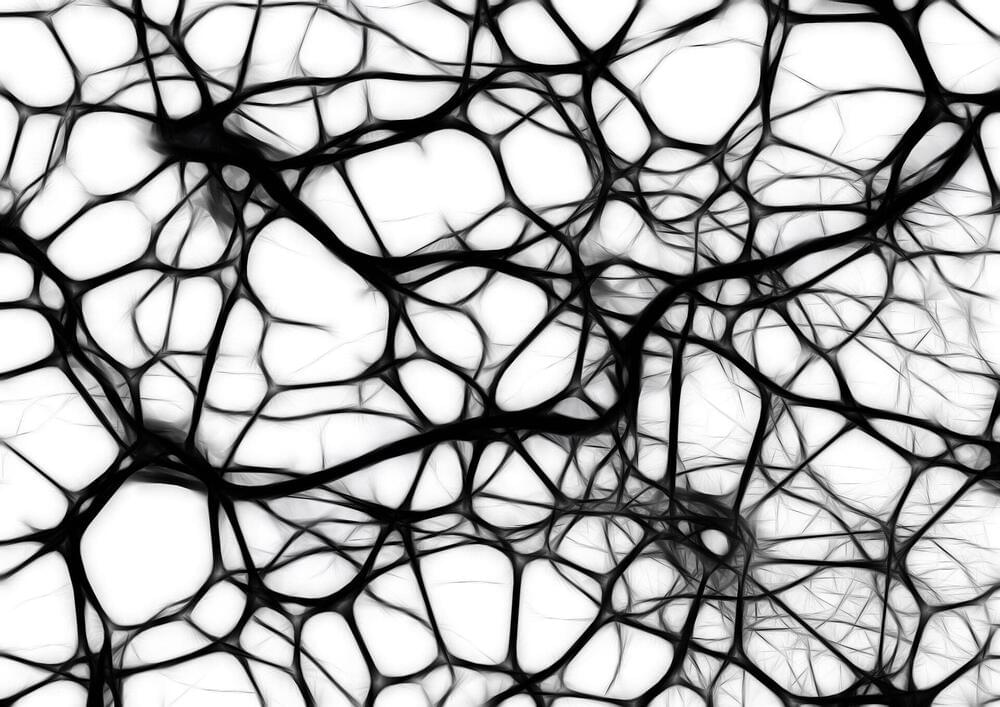Apr 24, 2024
Reimagining Memory: New Research Reveals That Superconducting Loops Mimic the Brain
Posted by Genevieve Klien in categories: computing, neuroscience
Computers work in digits — 0s and 1s to be exact. Their calculations are digital; their processes are digital; even their memories are digital. All of which requires extraordinary power resources. As we look to the next evolution of computing and developing neuromorphic or “brain-like” computing, those power requirements are unfeasible.
To advance neuromorphic computing, some researchers are looking at analog improvements. In other words, not just advancing software, but advancing hardware too. Research from the University of California San Diego and UC Riverside shows a promising new way to store and transmit information using disordered superconducting loops.
The team’s research, which appears in the Proceedings of the National Academy of Sciences, offers the ability of superconducting loops to demonstrate associative memory, which, in humans, allows the brain to remember the relationship between two unrelated items.
